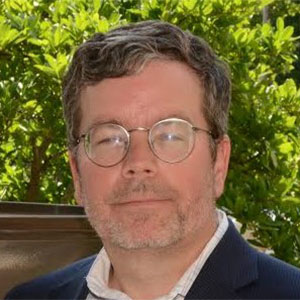You are here: American University School of Public Affairs SPA Analytics & Management Institute Meet Doug Steiger
Contact Us
Meet Doug Steiger Public Policy Consultant

Doug Steiger is a public policy consultant in Washington, D.C. He provides strategic advice, research, and analysis on social services with a focus on child welfare, early childhood development, and welfare-to-work programs.
From 2012-2017, Steiger was the Counselor to the Secretary for Human Services at the Department of Health and Human Services. In that role, he helped develop and promulgate Administration for Children and Families regulations for Head Start, child support, and child care programs. He also advised the Secretary on issues related to the Administration for Community Living and Indian Health Service.
Steiger graduated with a bachelor’s degree from Stanford University and has a master’s in public policy from the University of California-Berkeley. He began his career at the Office of Management and Budget, where he spent five years.
Steiger has more than a decade of experience in the U.S. Senate, including seven years as Democratic staff at the Senate Finance Committee for the late Senator Daniel Patrick Moynihan (D-NY) and Senator Max Baucus (D-MT). While there, he worked on several bills that became law, including the Adoption and Safe Families Act of 1997 and the Foster Care Independence Act of 1999. Steiger joined HHS in 2009 as the Deputy Assistant Secretary for Legislation (Human Services).
Steiger was awarded an Atlantic Fellowship in 2003 to study the impact in Scotland of the Blair Government’s drive to end child poverty in the United Kingdom.
Insights from a veteran hill staffer
At AU, Steiger teaches the course, “How to Lobby Congressional Staff,” in which students learn how Congress operates and how to better make a case to the people who work there.
“I’d like students of my class to become better advocates, either professionally or as citizens,” says Steiger. “Congress is a clubby, insular place and it helps to better understand the priorities and jargon when dealing with people who work there.”